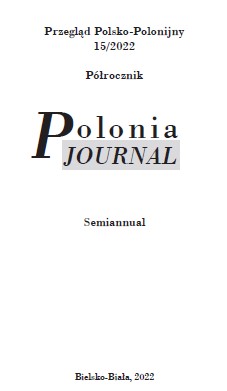KANT – INACZEJ. JEDNOSTKA I JEJ WOLNOŚĆ W ŚWIECIE AKSJOLOGICZNEJ NICOŚCI WOKÓŁ KSIĄŻKI MARKA J. SIEMKA: IDEA TRANSCENDENTALIZMU U FICHTEGO I KANTA. STUDIUM Z DZIEJÓW FILOZOFICZNEJ PROBLEMATYKI WIEDZY, WARSZAWA 1977
KANT – OTHERWISE. THE INDIVIDUAL AND HIS FREEDOM IN THE WORLD AXIOLOGICAL NOTHINGNESS AROUND THE BOOK BY MARK J. SIEMEK: THE IDEA OF TRANSCENDETALISM IN FICHTE AND KANT. A STUDY OF THE HISTORY OF PHILOSOPHICAL PROBLEMS OF KNOWLEDGE, WARSAW 1977
Author(s): Wojciech KauteSubject(s): Review, Early Modern Philosophy, 19th Century Philosophy, Ontology
Published by: Wyższa Szkoła Ekonomiczno-Humanistyczna
Keywords: M. J. Siemek; I. Kant; J. G. Fichte; transcendentalism; „man´s vocation”; „closed” state;
Summary/Abstract: The subject of the article is a work of analysis M. J. Siemek, The Idea of Transcendetalism in Fichte and Kant, Warsaw 1977. The main issue of this text is the relation: Kant – Fichte. Kant´s thought arose in opposition to cogito. Kant describes this position as the world of a „dark eyes”. For Kant cognition is the unity of „knowledge” and „being”. This is his transcendentalism. Fichte starts from Kant´s position. However, according to him, Kant stopped halfway. According to Fichte man realizes his „vocation”. This is culture. This is his transcendetalism; the concept of a „closed” state. According to M. J. Siemek Kant´s thought should be read through the prism of Fichte´s thought. And this means that in the context of modern times and the threats to democracy, the question about Kant is an opened question.
Journal: Przegląd Polsko-Polonijny
- Issue Year: 2022
- Issue No: 15
- Page Range: 29-46
- Page Count: 18
- Language: Polish

